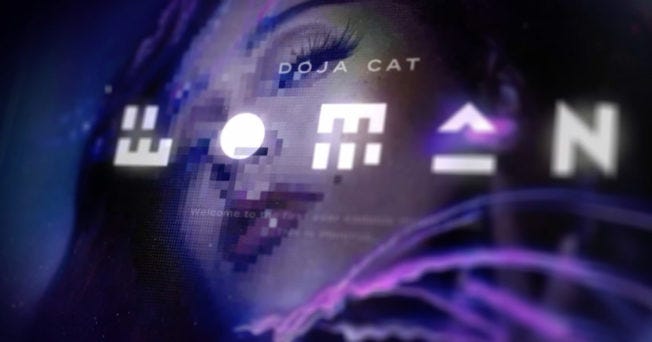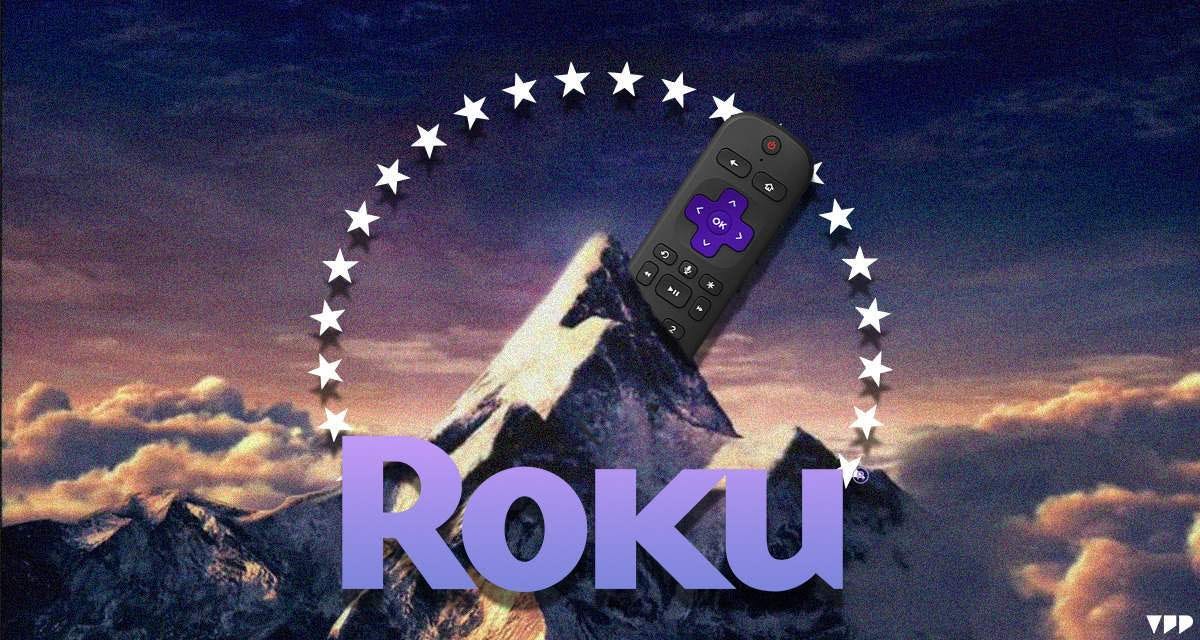Iterate Weekly - Issue 37
This week we're letting robots smell for us, Doja Cat teaches us to code, we're adding weed to our kombucha, Roku wants to buy a studio, and the best time management book you can read!
Welcome to issue 37 of Iterate Weekly!
Just a reminder that you can always reply to this email or leave a comment on the web version. I do read all of them and I appreciate the feedback, questions, and insights from all of you.
Let’s jump into this week’s stories.
🤖Tech
Can we create digital noses?
This story falls into the category of artificial intelligence…or smelligence?
We’re teaching machines to do pretty much everything for us anyway, so why not ask them to help us improve our sense of smell? Scientists are looking at how a digital sense of smell could prove useful in some situations.
Yes, digital olfaction technology is a real thing being developed by a company called Aryballe. They’re working on ways to mimic how the human nose works. When we smell, we’re essentially just processing data that is found in the odor molecules. The molecules are inhaled through our nose and we interpret and classify them based on our pre-existing library of past smells.
When broken down like this, it’s not too farfetched to see this being done by machines. The technology to create tiny biosensors is becoming cheaper and easier to manufacture. It’s also fairly straightforward to collect a database of odors that the sensors can match their responses to.
What are the practical benefits of this technology? The one I find most fascinating is outfitting smart refrigerators with sensors to detect the smell of spoiled food before people eat it and get sick. I also love the idea of creating ideal odors in public places like buses and elevators. And of course, there is the possibility of allowing people to smell again after they’ve lost the ability through illness.
While AI bio stories like this can seem futuristic or scary, the potential use cases are extremely far-reaching.
🎓Education
Doja Cat teaches girls to code
I have to admit that I don’t watch as many music videos as I used to during the heyday of MTV. But if artists keep coming up with creative concepts like this, I may need to get back into it.
I’m talking about the new music video from Doja Cat that aims to teach girls how to code. The video for her song “Woman” includes an interactive tutorial that was developed by the amazing organization Girls Who Code. You can check out the special version of the video at dojacode.com.
There are easy-to-follow coding prompts that give the video a “choose your own adventure” kinda feel. This would be a fun concept on its own. But add in the fact that it’s promoting a fantastic non-profit plus it’s actually teaching a worthwhile skill and it becomes even better.
Let’s hope that other artists are taking note and we see more projects like this in the future.
🩺Health & Nutrition
Cannabis-infused Kombucha?
There isn’t a whole lot to say here except that we should expect to see cannabis appearing in more and more consumer goods in the near future.
This example involves kombucha being infused with both THC and CBD. This is noteworthy for a few reasons.
First, I’d say that kombucha is just starting to become a mainstream beverage. You can find it in most supermarkets and more and more bars and restaurants are offering it on tap. Its fizzy, sour flavor is becoming widely accepted as an alternative to soda, iced tea, and even beer. But there are still plenty of folks in the world who have never tried kombucha and have no desire to. Is adding marijuana going to really help that cause?
Second, this isn’t just a tiny mom & pop kombucha outfit trying something new. We’re talking about GT’s Living Foods, the best-selling kombucha brand in all the world! This is like the Coke or Pepsi of kombucha adding a product line with weed. That’s a pretty major move.
The bottles come in two varieties. One is called “Mild” which contains more CBD, and the other is branded as “Wild” and skews higher in THC. That’s some clever marketing right there. Note that these will initially only be available in California. And they will need to be purchased at dispensaries rather than traditional grocery stores.
🛍Grab Bag
The transformation of Roku
When you hear the name “Roku” what comes to mind?
The innocent-looking black box that attached to your television for so many years? I remember the first version of the Roku streaming box in 2008. We had one in our offices at Revision3 to test out the work we were doing on our streaming channels. The Revision3 Roku channel was one of the first available on the platform.
Their devices have gotten smaller, smarter, faster and have been built into TVs of all sizes. They have really become the top name in the streaming device genre. But recent rumors suggest that Roku may be looking to get more involved in the industry by purchasing their own movie or TV studio.
For so long, Roku has tried to remain independent as they never created their own content but allowed nearly everyone else’s content to stream on their devices. That all changed with the development of the Roku Channel that repurposed content from other services into a nice package complete with ads. Yes, Roku’s main source of revenue has been ads over the past few years.
They then acquired some of the content scraps off the dead carcass of short-lived streaming platform Quibi. All signs point to them making a bigger splash by acquiring a full-fledged production house to start making their own content to keep up with the likes of Netflix and Hulu. Specifically, shares of Lionsgate studios have been on the rise after rumblings of the acquisition were leaked.
As a long supporter of Roku, I’m pulling for them to find their place in the streaming TV wars. But please go about it the right way. None of us really need to pay for another streaming service, do we?
💬Quote of the Week
“It's not enough to be busy, so are the ants. The question is, what are we busy about?” - Henry David Thoreau
📺Content Recommendation
Four Thousand Weeks - Time Management for Mortals
2021 is coming to a close and I may have just read my favorite new book of the year.
Four Thousand Weeks: Time Management for Mortals is easily the best time management book I’ve ever read (and I’ve read far too many of them).
The book really helps you identify what is actually important in life. It’s less of a “how to get the most out of your time” book and more of a “time is a finite resource and that’s ok” book. There are plenty of great anecdotes I could pull from it, but I’m just going to encourage you to read it for yourself and draw your own conclusions.
It’s the perfect end of the year/start of the new year perspective-shifting read that everyone could use.
Thanks for reading, I’ll see you next week!






